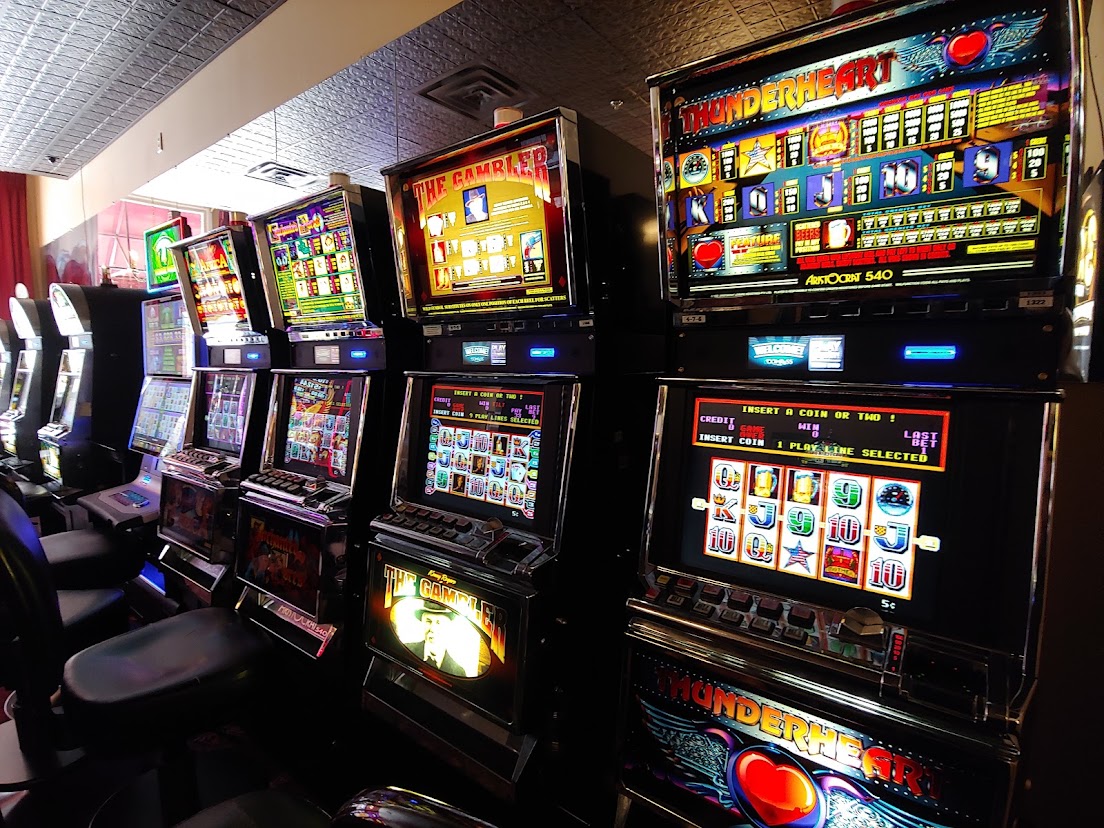Slot machines, ubiquitous in casinos worldwide, have long been a subject of speculation and skepticism. Amidst the flashing lights and enticing sounds, a lingering question persists: are these machines rigged? It’s a query that sparks debate and fuels conspiracy theories. However, delving into the mechanics and regulations surrounding slot machines reveals a more nuanced reality.
At their core, slot machines operate on Random Number Generators (RNGs), sophisticated algorithms that ensure each spin is entirely independent of previous or future spins. This means that every outcome is purely random, devoid of any external influence or manipulation. Casinos and game developers adhere to strict regulatory standards to ensure the integrity of these RNGs, subjecting them to rigorous testing by independent auditors.

The gambling industry is heavily regulated, with stringent laws and oversight agencies tasked with monitoring casino operations. Any attempt to rig slot machines would not only be illegal but also jeopardize the casino’s license and reputation. The risk far outweighs any potential benefit, making it highly unlikely for reputable establishments to engage in such deceitful practices.
The perception of rigging persists due to a phenomenon known as “gambler’s fallacy” – the erroneous belief that past outcomes influence future results. When players experience a string of losses or witness someone else hitting a jackpot, they may attribute it to manipulation rather than accepting the inherent randomness of the game.
It’s essential to differentiate between anecdotal experiences and statistical probabilities. While individual players may have moments of suspicion or frustration, the overarching integrity of slot machines remains intact.

